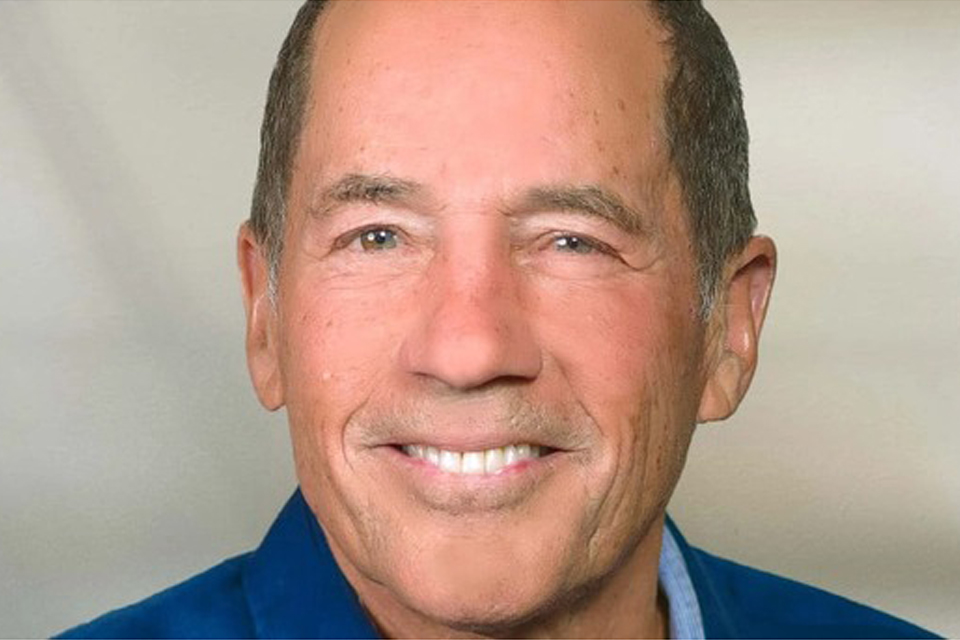Michael Marks Talks About Smart Construction Industry at IE University

By Michael Marks
Outlet: ie university
Published on Feb 23, 2024
Renowned investor and venture capitalist hosted by IE School of Science and Technology.
The Impact Xcelerator at IE School of Science and Technology invited Founding Managing Partner of Celesta Capital and board member of Onx Michael Marks, joining online from California to speak about the Future of Construction.
The conversation, moderated by Sci-Tech Dean Ikhlaq Sidhu tackled the problems of inefficiency in the construction industry, using Onx as a case study to demonstrate manufacturing and supply chain solutions as part of the final week of the IE-Berkeley Emerging Tech and Innovation Leadership Program a Global Gateway Program of the Impact Xcelerator.
“In the Onx Video, you see that factory which is in Pompano Beach, Florida. That’s a $35 million factory that took a year to put together. We had to write a lot of software, we had to create equipment that didn’t exist, we had to do all this stuff,” Marks said. “In the end we now have this huge factory that is totally automated. On one shift, we’re doing four homes a day in the factory, and a single shift has 21 people on it.”
An industry icon, Marks addressed the affordable housing problem globally, explaining that solving it is only achievable once companies make their manufacturing cheaper and efficient through proper management of facilities, supply chains, as well as operating at scale.
“If you’re going to solve an affordability problem, you better be cheaper, not more expensive,” Marks said. “If you don’t have these things, you don’t have an efficient manufacturing operation, you don’t have scale, you don’t have global supply chain.”

Marks said that the construction industry hasn’t evolved in the last 100 years because architects, engineers, general and subcontractors lack incentives to be more efficient.
“An architect charges by the hour, an engineer charges by the hour. A general contractor says it’s going to cost five million to do this – I put 5% on top of that so I get $250,000,” he pointed out.
He explained that developers such as Onx are the only ones who profit from better efficiency.
“The answer is, be the designer. So we are the architect, we are the engineer, we are the construction team, we manufacture, we construct. We’re the developer, so we sell the product, and we now have a closed loop,” Marks said.
When one of the attendees distinguished between the industry not being efficient and lacking the desire to innovate, Marks talked about the innovators’ dilemma.
“It always takes somebody outside of the established, you know, industry to create the innovation. I mean General Motors and Ford didn’t come up with Tesla, Tesla came up with Tesla,” he told the attendees.
Sidhu asked Marks about the competitive response to Onx’s operations in making construction more efficient.
“On the competition side, is there anybody else that’s going to be like you, that’s going to say, oh you know what, I could build a factory,” Sidhu said.
Marks highlighted how competition will likely come from companies who aren’t existing players in the industry.
“The competitive response is not likely to be much from the existing players. I do think there will be others. There’s plenty of money around for this. I do think there will be other companies that start to do what we’re doing. The only thing I would say is, it’s difficult,” he responded.
The conversation took place during the first edition of the IE Berkeley Tech Catalyst Leadership Program, which will celebrate its graduation ceremony in Segovia this week.

